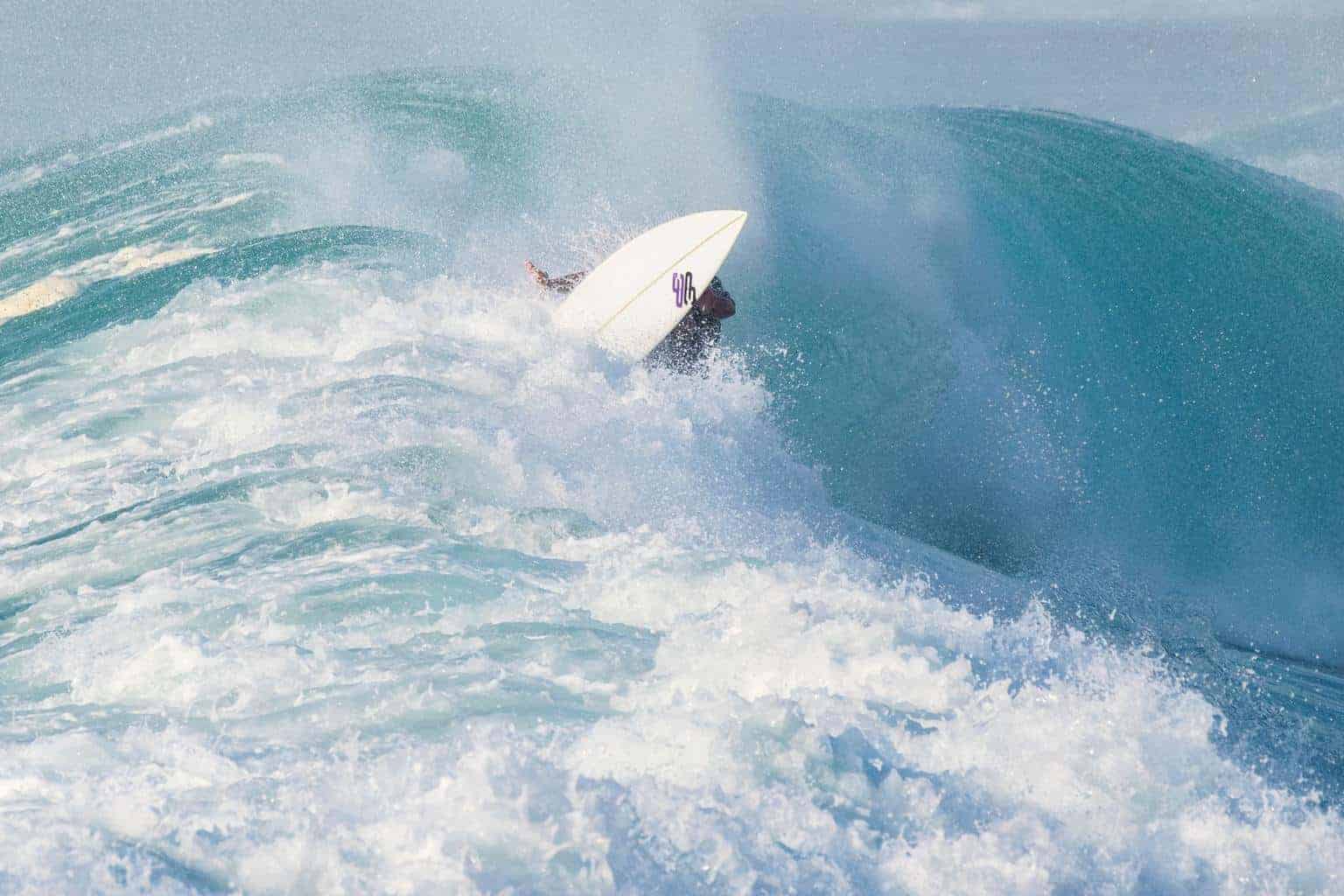By now you will be well aware that surfing can be dangerous.
From big waves to hard ocean floors, you always stand the risk of getting hurt.
But have you ever wondered how dangerous it is?
Can surfing cause brain damage, and what is the likeliness of getting a concussion?
One of the most common injuries that occur when surfing is to the head.
Concussions and brain damage are a real risk when repeated blows are taken to the skull.
Not only that, but asphyxiation or partial drowning further adds to the risk of brain damage.
The following article will look at different ways that you can get brain damage while surfing, as well as what to do when you receive a hard knock to the head in the water.
- How Can Surfing Give You Brain Damage?
- Can You Get a Concussion From Surfing?
- Can Too Many Concussions Cause Brain Damage?
- What Should You Do if You Sustain a Head Injury While Surfing?
- How to Avoid Brain Damage and Head Injuries While Surfing
- Conclusion
- You Might Also Like…
How Can Surfing Give You Brain Damage?
When surfing, there are two main risks when it comes to brain damage.
The first is a direct hit to the head caused by a surfboard, another surfer, or ocean floor.
The other is asphyxiation, also known as partial drowning or near-drowning.
Although the chances of these injuries are relatively low, the risks are still very real and should always be kept in mind when hitting the waves.
1. Head Injuries While Surfing
In a 2015 study, a survey was taken with 50 surfers in the United States.
Among these surfers, 70% reported that they had received some sort of head injury while surfing.
Although mild knocks to the head do not necessarily pose a risk to the brain due to our hard protective skulls, hard collisions could lead to concussions, loss of consciousness, and major brain damage.
The following are the leading causes of head trauma while surfing:
Colliding With Another Surfer
Because it is likely that you will not be the only surfer in the water, and therefore not the only person fighting for a wave, collisions between people are very likely.
When riding a wave, the surfer is traveling at high speeds. Hitting into another surfer’s knee, hip, head, or any other bone can lead to head trauma.
This is why it is important to maintain proper surf etiquette and have the required skills to exit a wave before contact is made.
Hitting Your Head on a Surfboard
Surfboards are hard, and therefore an unfriendly device to make forceful contact with.
Contact with your board (or someone else’s board) can come from simply slipping when trying to stand up, to the board flying into the air after bailing and coming down on your head.
Your surfboard should always be well waxed to avoid slipping on it, and you should be aware of your surfboard’s position at all times.
Hitting Your Head on the Ocean Floor
Although a hard collision with the ocean floor is not as likely when surfing small waves, there are times when it should be kept in mind.
Surfing on shallow reefs or above rocks poses multiple dangers when surfing. Because of shallow water, it does not take much to hit yourself on the floor of the ocean.
Whether you are getting tumbled by a wave, or simply duck diving to make it out past the break, you should try to keep your eyes open and stay aware of how far away you are from the bottom.
2. Brain Damage From Asphyxiation While Surfing
Brain damage while surfing is not limited to head trauma or concussions.
Near drowning, although rare, has a high potential of leading to long-lasting brain damage.
This is most likely to occur as a result of disorientation due to a concussion, or in the case that a surfer is knocked unconscious in the water.
What Is Near Drowning?
Near drowning, non-fatal drowning, or partial drowning is exactly what it sounds like.
It is when a person almost drowns but is saved or resuscitated.
Victims of near-drowning are not entirely out of the woods when they start inhaling oxygen.
They will still require medical attention in order to prevent related health complications.
Brain Damage Due to Oxygen Deprivation
There is no clear-cut answer to how long your brain can go without oxygen, but according to MedlinePlus brain cells can start dying in less than 5 minutes without oxygen.
Although in some cases, such as when a child falls in freezing water, the individual can survive up to 30 minutes without air, it is likely that a person will die within 10 minutes of their air supply being cut off from the brain.
Furthermore, some sources state that irreversible brain damage can start to occur within the first 2 minutes.
Can You Get a Concussion From Surfing?
The simple answer to the question “can surfing cause concussions?” is yes.
In the study mentioned above, the majority of head injuries were lacerations.
However, 26% of the 50 participants reported mild traumatic brain injury (concussions).
The interesting thing about concussions is that it does not require a direct hit to the head.
In fact, the cause of a concussion is the result of fast acceleration and deceleration of the brain inside the skull.
This means that if you are traveling at high speeds, and come to a sudden stop (through collision with another surfer or object), you stand the risk of receiving a concussion without any contact with your head.
Can Too Many Concussions Cause Brain Damage?
Repeating blows to the head can lead to serious brain trauma. Not only can multiple concussions lead to brain damage, but this could occur after only a single concussion.
To answer the question “how many concussions is too much?” or “how many concussions result in brain damage?” is not that easily answered.
The number of concussions is less important than the time between them, as well as how you recover after they occur.
Second-impact syndrome (SIS) is a term that is used to describe a situation when a person sustains a second head trauma before the first has properly healed.
Although according to Complete Concussion Management once the head injury has properly healed, the chance of a cumulative effect is lessened or in some cases abolished altogether, BrainLine states otherwise.
In this article it is mentioned that it is important to realize that even though the injury may appear to be solved, the effect of multiple concussions within 6 – 18 months can lead to long-term neurologic and functional deficits.
What Should You Do if You Sustain a Head Injury While Surfing?
If you find yourself hitting your head with a large force while in the water, you should know that your risk factor has largely increased.
In this case, if you are not sure how bad the knock was, you should get out of the water immediately.
Although this seems obvious, you would do well to follow these steps:
- Tell someone close by that you have hit your head and think you may be concussed.
- Ask them to paddle back to shore with you and keep an eye on your behavior.
- Paddle slowly and don’t exert yourself. If you are suffering from head trauma overexertion can lead to greater risks to the brain.
- When you reach the shore, remove your wetsuit if possible to allow proper blood flow.
- Sit down in the shade and ask someone to call a medic, or drive you to the hospital.
You should under no circumstances try to drive after a serious head injury. Although you may feel fine, the reality of the situation may differ.
How to Avoid Brain Damage and Head Injuries While Surfing
Now that you know about the risks of brain damage while surfing, it is easier to take the necessary precautions to avoid getting any sort of head trauma.
Although you can never completely cancel out any risks, there are some things to keep in mind that will help you stay safe in the water.
- Never surf in conditions that are out of your skill level.
Taking on waves that are much too powerful for you can lead to the likely case that you will lose control of your surfboard.
As you well know, your surfboard is hard, and having it fly out of your hands can lead to a serious knock on the head.
- Maintain good communication in the water.
Constantly talking to other surfers around you will be an indication of when another surfer is on a wave, which waves they plan to take, and their position on the wave.
Doing this will help reduce the chances of collisions with other surfers.
- Master kicking out.
Being able to kick out of a wave at a moment’s notice, while maintaining full control of your board, will help you avoid collisions with others (as well as keep you and others safe from your surfboard). - Be aware of the tides.
If you are surfing at low tide, you should always be aware of how deep the water is.
Performing a deep duck dive on a shallow reef or sandbank will not only ruin your board but can lead to serious injuries.
Conclusion
Surfing is known as an extreme sport for a reason.
There are a lot of risks involved when riding a wave, and the chance of sustaining a serious head trauma is real.
Although it is only in rare cases that surfers find themselves with long term brain damage, the likeliness of a mild concussion is not foreign to surfers around the world.
Keeping proper control of your surfboard and maintaining good communication with others in the water is key to staying safe.
Damaging your brain could be the end of your surfing lifestyle, so taking the correct precautions will always be worth it to you and the other surfers in the water.
You Might Also Like…
-

Do Surfers Ride Switchfoot? 5 Benefits (& Why You Should Learn It)
-

Do Surfers Shave Their Legs? 5 Common Reasons (+Pros & Cons)
-

Do Surfers Wear Helmets? 8 Situations You Should Wear One (+4 Cons)
-

Do Surfers Poop in the Ocean? Myths & Facts (+5 Tips)
-

Do Surfers Run Into Each Other? 5 Common Reasons (+8 Tips)
-

Do Surfers Have Beards? Pros & Cons You Should Know (+4 Tips)
-
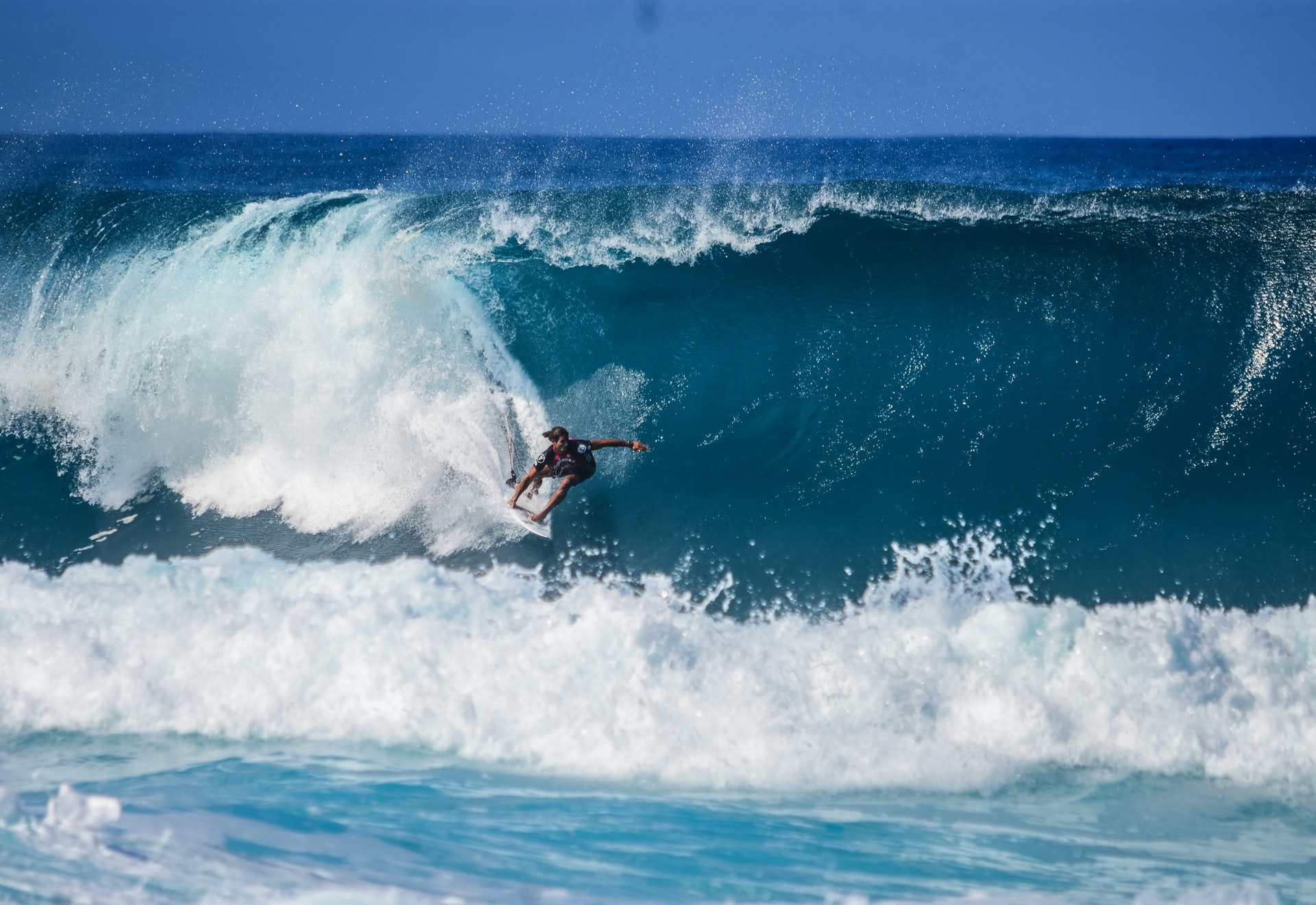
Do Surfers Like Constructive or Destructive Waves? (+Pros & Cons)
-
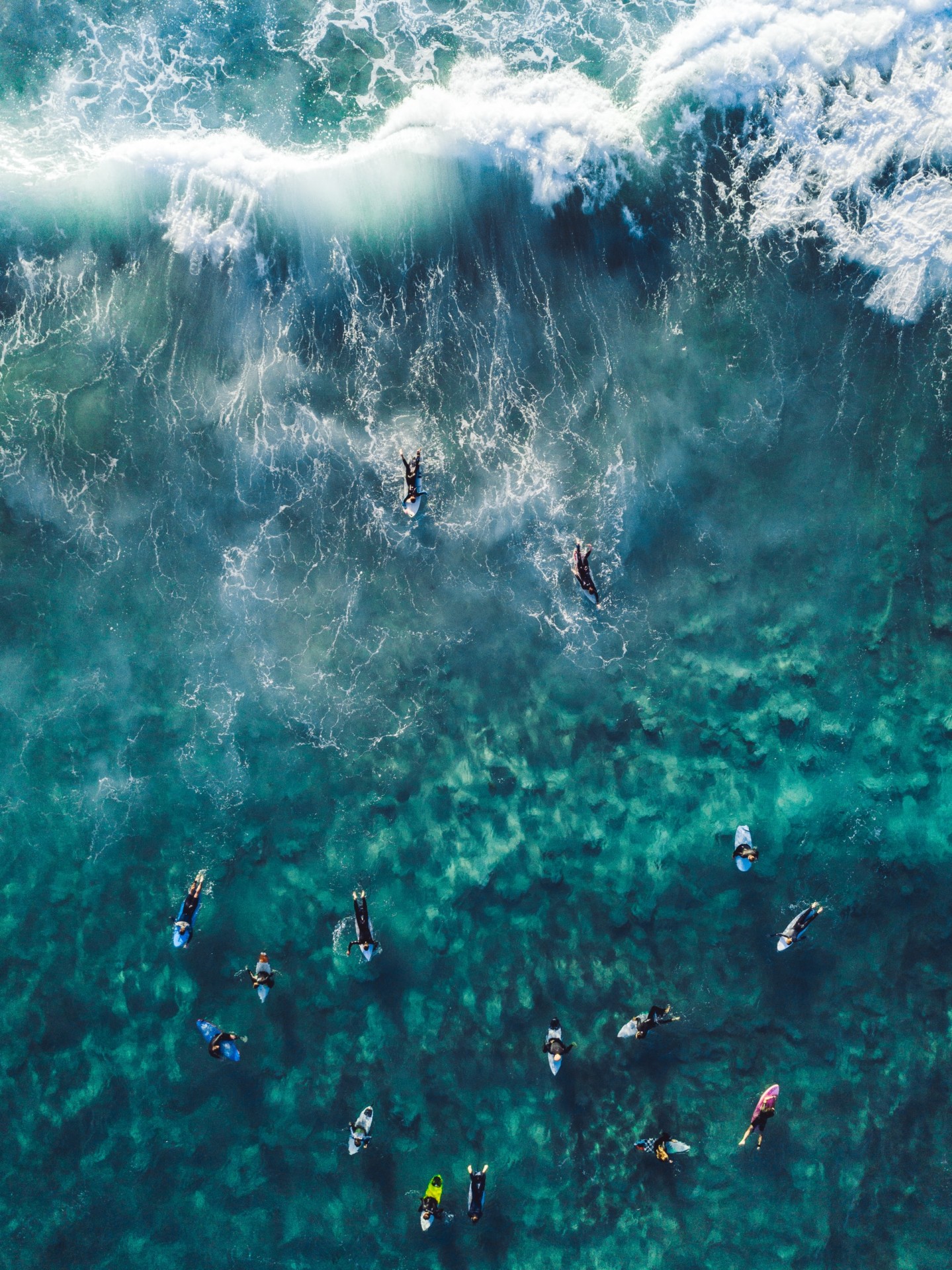
How to Surf Safely: 34 Crucial Tips (Every Surfer Should Know)
-
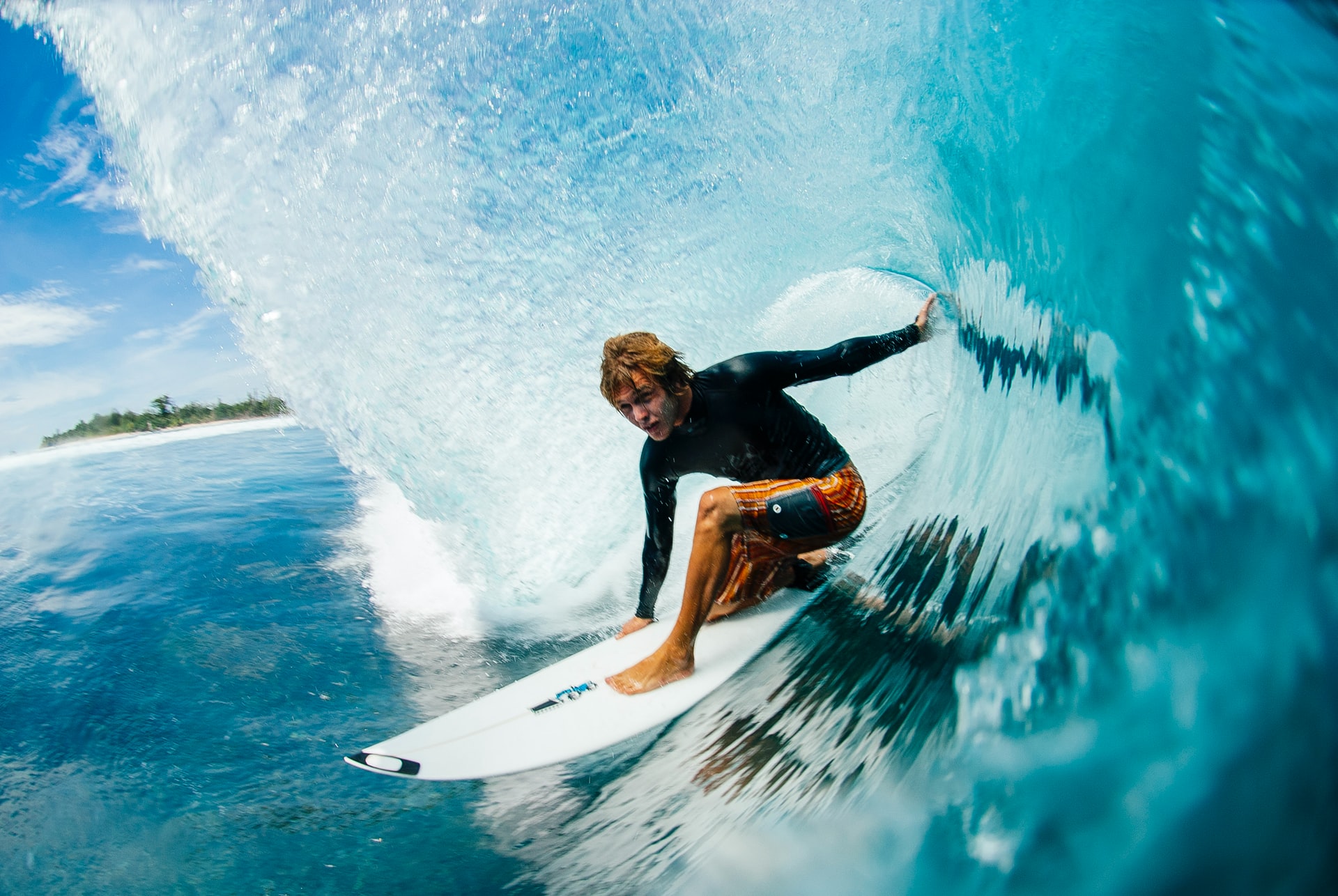
Do Pro Surfers Use Leashes? (+6 Reasons Why You Should Too)
-
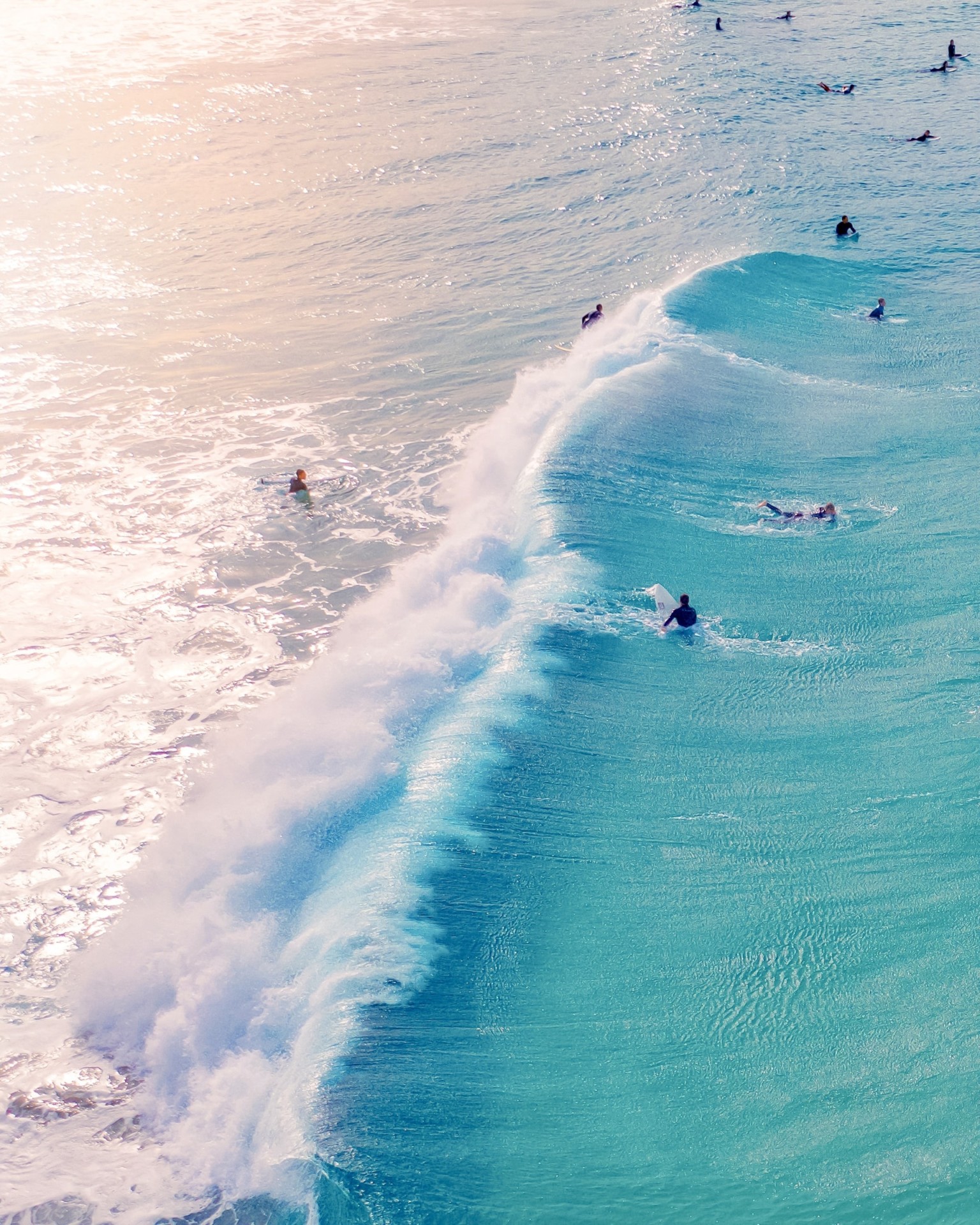
Do Many Surfers Drown? Here Are the Facts (+4 Common Reasons)
-
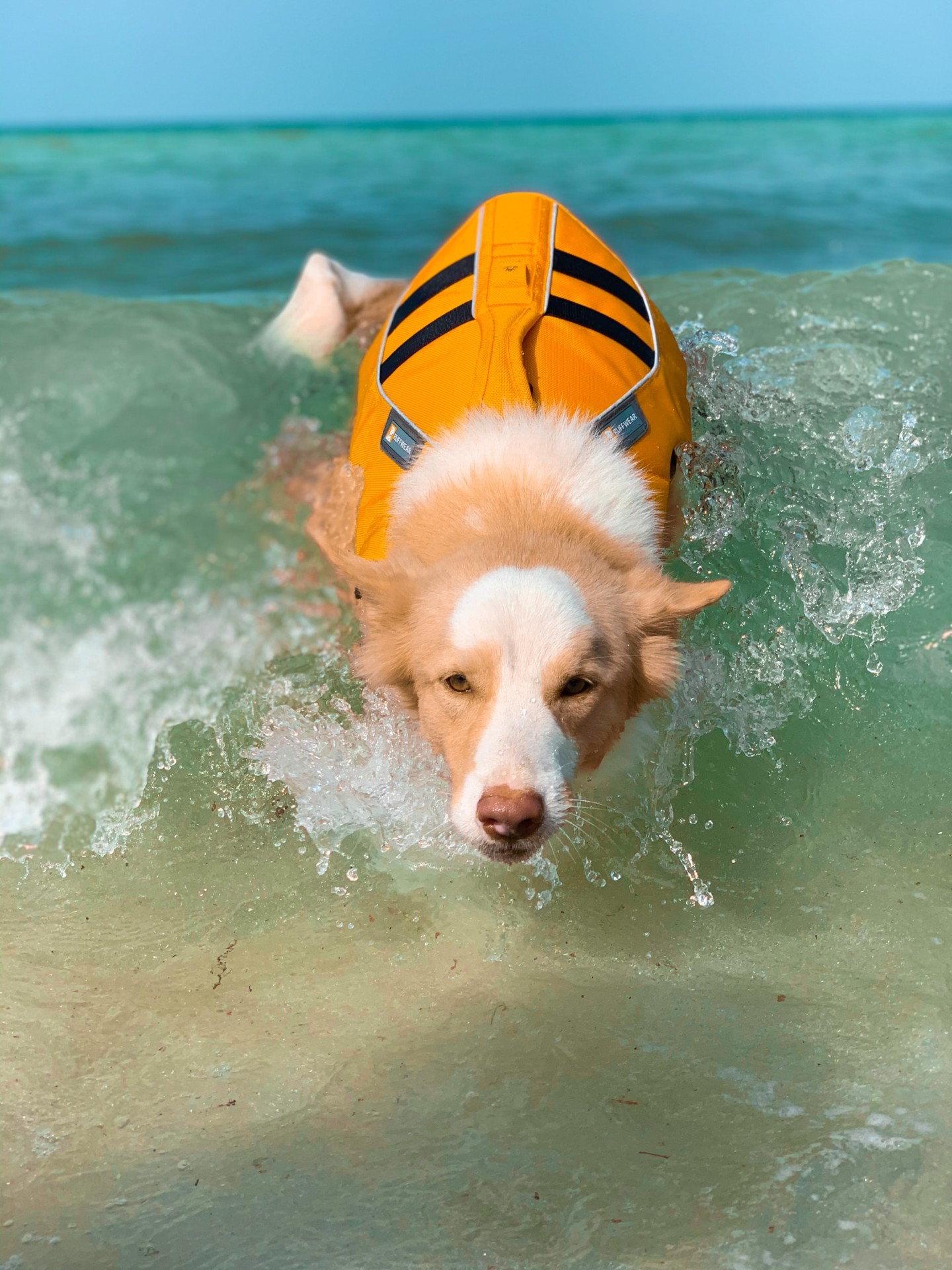
Do Surfers Wear Life Jackets? (7 Reasons Why They Don’t)
-
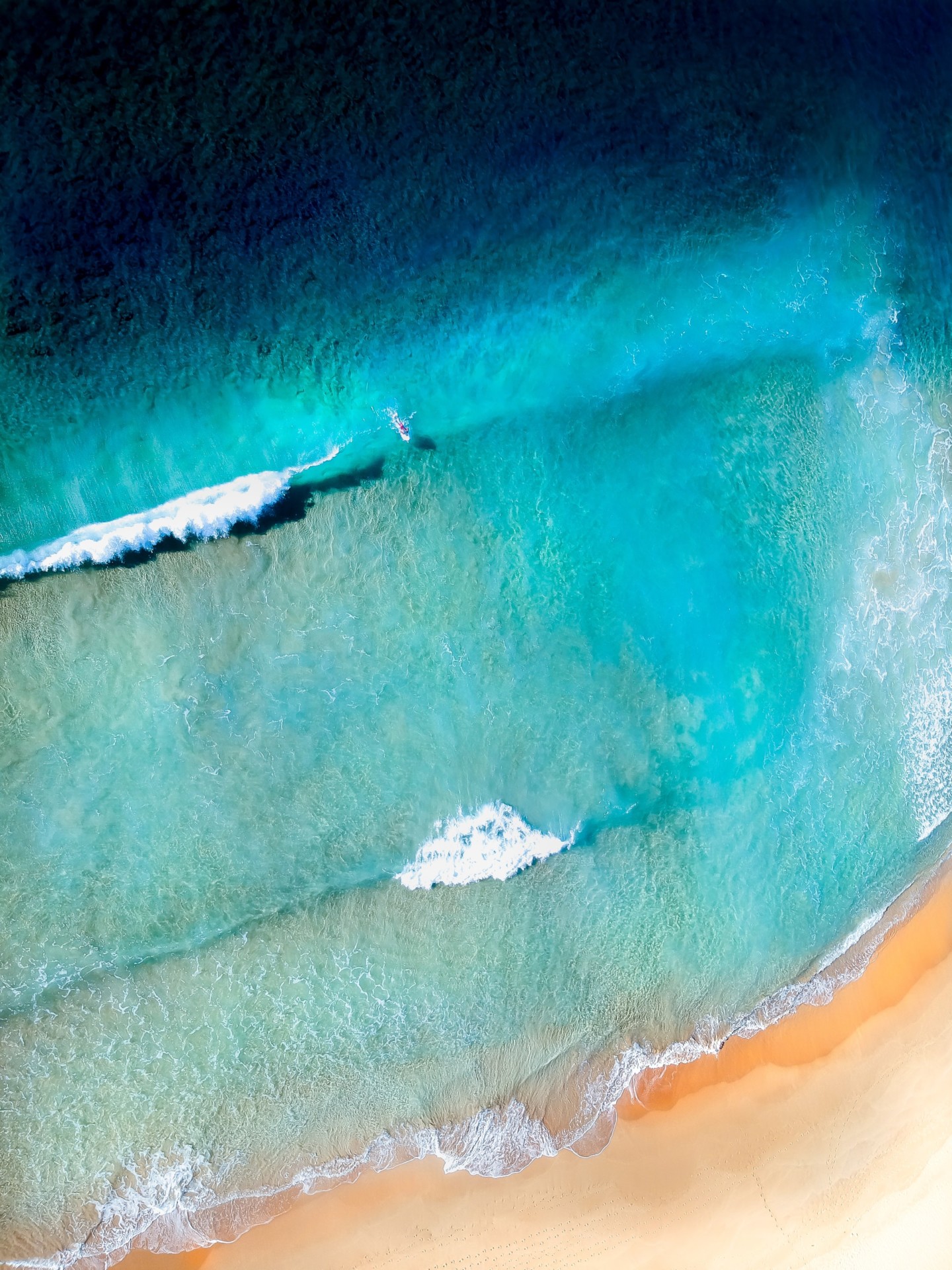
Do Surfers Like Rip Currents? (& How to Use Them Safely)

